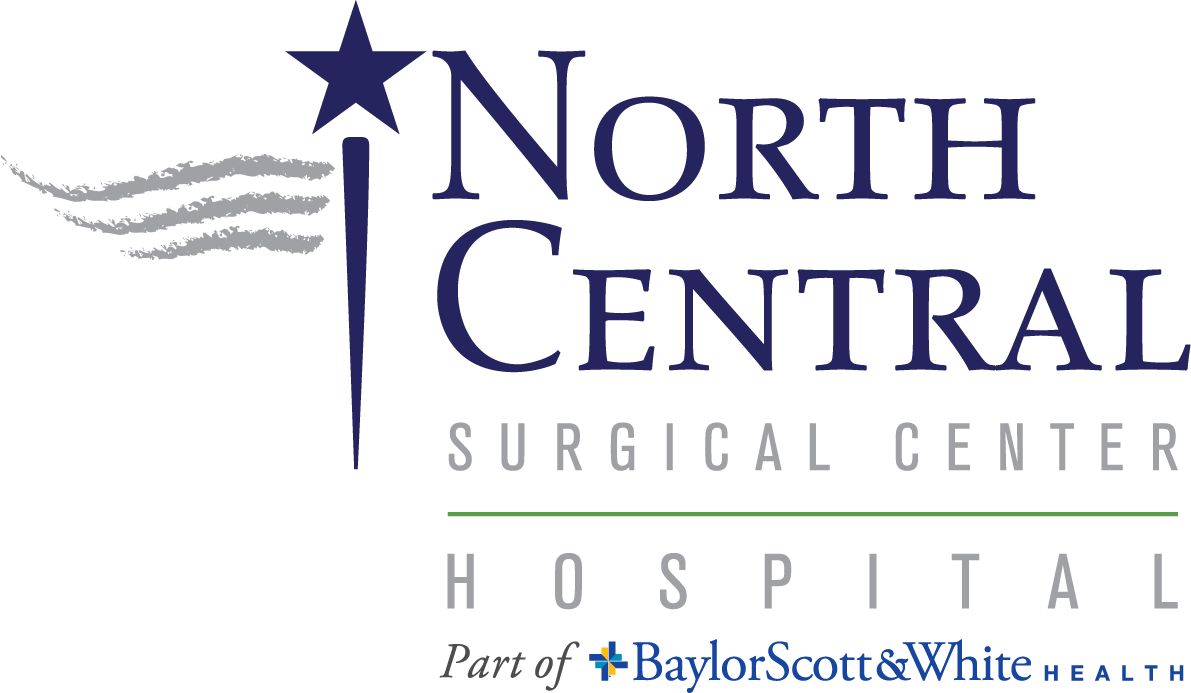At North Central Surgical Center Hospital, your health and well-being are our top priority. As we observe UV Safety Awareness Month, it’s time to focus on protecting your skin from the harmful effects of ultraviolet (UV) radiation. UV exposure can lead to sunburns, premature aging, and an increased risk of skin cancer. Whether you’re enjoying outdoor activities or simply going about your daily routine, adopting sun-safe habits is essential. Here are some comprehensive tips to help you stay protected and healthy this season.
1. Seek Shade During Peak Sun Hours
The intensity of UV rays peaks between 10 a.m. and 4 p.m., making sunlight particularly harsh during these hours. When outdoors during this time, seek shaded areas such as trees, awnings, or covered structures. Using umbrellas can also provide a portable shield against the sun. Remember, even in the shade, some UV rays may reach your skin indirectly, so combining shade with other protective measures is the safest approach. Planning outdoor activities outside these hours or early in the morning and late in the afternoon can significantly reduce your UV exposure.
2. Wear Protective Clothing
Clothing acts as a physical barrier between your skin and UV radiation. Opt for long-sleeved shirts and long pants made from tightly woven fabrics, which provide better protection than loose or lightweight garments. Consider clothing with a UPF (Ultraviolet Protection Factor) label for enhanced defense. Wide-brimmed hats (preferably with a neck flap) shield your face, ears, and neck from direct sun exposure. Sunglasses with UV400 protection block 100% of UVA and UVB rays, safeguarding your eyes and the sensitive skin around them. When choosing protective clothing, prioritize comfort and breathability to encourage consistent use.
3. Use Broad-Spectrum Sunscreen
Applying sunscreen is one of the most effective ways to shield your skin. Choose a broad-spectrum sunscreen with at least SPF 30, which filters out approximately 97% of UV rays. Apply generously on all exposed areas of skin—don’t forget often-missed spots like the ears, back of your neck, and the tops of your feet. Apply sunscreen 15–30 minutes before going outdoors and reapply every two hours, or more frequently if swimming, sweating, or towel drying. Keep in mind that higher SPF sunscreens don’t provide significantly more protection than SPF 30 but can offer added peace of mind.
4. Wear Sunglasses That Block UV Rays
Your eyes are vulnerable to UV damage, which can lead to cataracts, age-related macular degeneration, and other eye conditions. Invest in sunglasses labeled “UV 400” or those that offer 100% UVA and UVB protection. Wrap-around styles are especially effective in blocking rays from different angles. Educate yourself about UV safety, and encourage friends and family to wear sunglasses whenever they are outdoors, especially during peak sunlight hours. Remember, UV rays can penetrate through some even tinted glasses, so always opt for proper UV protection.
5. Be Mindful of Reflective Surfaces
UV rays aren’t only coming directly from the sun—they’re also reflected off surfaces like water, sand, snow, concrete, and asphalt, which can significantly increase your exposure. For example, sitting on or near sand or snow can reflect up to 80% of UV rays onto your skin. This reflective effect can occur even on cloudy days, so be vigilant. If you’re engaging in activities near reflective surfaces, take extra precautions such as applying additional sunscreen, wearing protective clothing, and seeking shaded spots whenever possible.
6. Schedule Regular Skin Checks
Early detection is critical in successfully treating skin cancer. Make it a routine to examine your skin monthly, looking for new or changing moles, spots, or lesions. Use a mirror or ask a partner to help check hard-to-see areas like your back, scalp, and behind your ears. If you notice anything unusual—such as asymmetry, irregular borders, multiple colors, or a spot larger than a pencil eraser—schedule an appointment with a dermatologist promptly. Regular professional skin exams are also recommended, especially if you have a history of sunburns, excessive sun exposure, or a family history of skin cancer.
Your skin is your body’s largest organ—taking steps to protect it from UV damage today can prevent serious health issues in the future.
At North Central Surgical Center Hospital, we are dedicated to supporting your health journey. If you have questions about skin health, sun safety, or need guidance on skin examinations, our team of specialists is here to help. Celebrate UV Safety Awareness Month by committing to sun-smart habits that safeguard your skin for years to come. Stay safe, stay sun-smart!
Sources
- American Academy of Dermatology Association
Tips on sun safety and skin cancer prevention.
https://www.aad.org/public/Education/Prevention-Sun-Safety - Centers for Disease Control and Prevention (CDC)
Skin cancer prevention tips and sun safety information.
https://www.cdc.gov/cancer/skin/basic_info/prevention.htm - Skin Cancer Foundation
Guides on protecting your skin and understanding UV exposure.
https://www.skincancer.org/ - U.S. Food & Drug Administration (FDA)
Recommendations for choosing and applying sunscreen.
https://www.fda.gov/drugs/understanding-over-counter-medicines/sunscreen-how-choose-and-apply - National Cancer Institute
Information about skin cancer risk factors and prevention.
https://www.cancer.gov/types/skin

